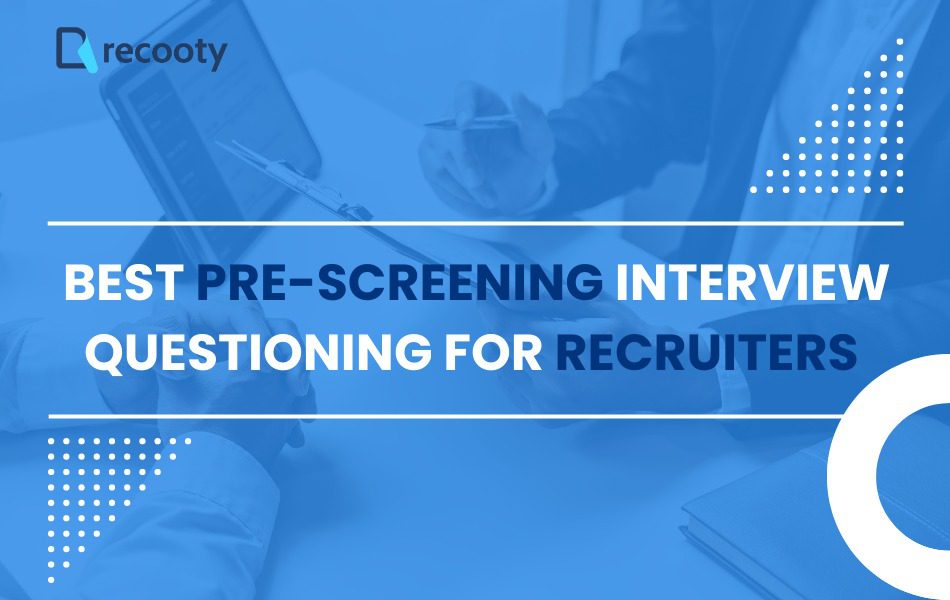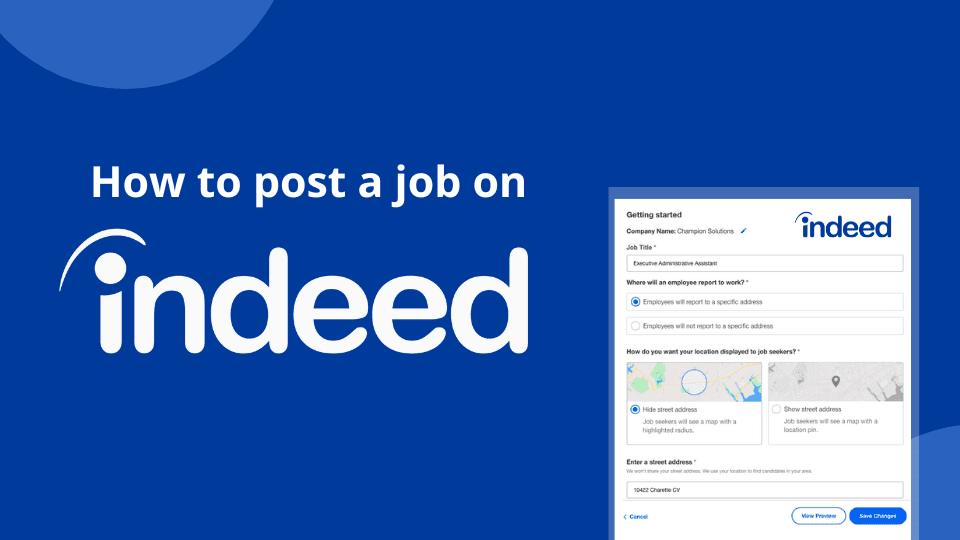Best Pre-Screening Interview Questions for Recruiters
Amay Bakshi


Amongst the most important parts of the hiring process is asking a set of pre-screening interview questions to the job candidates. Before moving the candidates to the extensive interview phase, a pre-screening process takes place where these questions are asked.
Carrying on a pre-screening interview will let you narrow down your talent pool and accelerate your interview process. It is generally utilized by most of the organizations out there. Additionally, if you incorporate pre-screening interviews, your hiring process will get hugely benefitted from it.
A pre-screening interview, also known as pre-employment screening, is a sequence of questions that lets you know the basic qualification knowledge about the candidates. HRs conduct pre-screening interviews before the main interview stage.
It includes surface-level questions concerning aspirations or career goals, skills, capabilities, and any job preferences. Pre-screening interview questions can also take shape as basic skills test that filters out unqualified candidates. This screening interview saves you from spending your time & efforts on the wrong candidates.
The pre-screening interview is an impressive way to screen candidates who are capable but not a good fit for the position. In addition, pre-screening helps interviewers and candidates get to know each other before meeting in person.
Now you know the purpose behind asking these screening questions, let’s have a closer look at the best questions to ask candidates. These questions must be quick, and specific, plus require a detailed response as they will be used on a large candidate pool.
You need to avoid the questions to which candidates can answer in Yes or No. Choose the questions which show you the candidates’ thinking abilities plus communication skills. Additionally, their answers should relate to what’s expected in a job they’re applying for.
You can conduct a pre-screening interview over the phone call, video call, or online survey.
If you choose to do it over the phone or video call, you should take notes on the candidate’s capabilities. It can further be forwarded to the hiring manager if the candidate qualifies for the next stage. If interviews are carried out this way you can easily assess the applicants’ personality, attitude, and character and take notes on these.
Similarly, if you decide to go for an online survey, you must include questions relevant to the new hires’ performance in it. You should avoid using too many questions to confirm a higher completion rate. If you keep the pre-screening survey short candidates will likely fill it up more carefully and wholly.
Now that you know the questions, you might be wondering about how can you interview candidates. Well, there are 3 ways to conduct screening interviews you can completely rely upon:
Phone screening interviews or preliminary phone interviews are typically utilized when narrowing down a final candidate list. These interviews are less stressful for candidates and are best suited for carrying out interviews with no disturbance.
However, there’s one disadvantage of this method which is – you’re unable to observe candidates’ body language and gestures during the entire interview.
In case you have a huge list and you want to narrow it down fast then a questionnaire screening interview is the best answer. In this, you’re required to send a list of specific questions to check their qualifications and fit for the company.
There’s one catch here, as you won’t be speaking with the candidates directly, you won’t get their first-hand impression of their personality.


